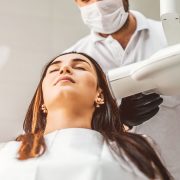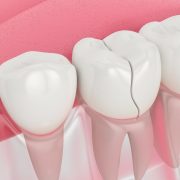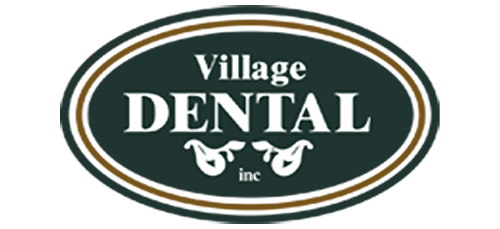4 Questions to Ask Your Dentist During Your Next Check-up
Your dental check-up is a great opportunity to get advice and help from your dentist in Orrville and Hudson OH. It’s important to ask good questions. Asking the right questions during your appointment is a good way to learn about what you can do to take care of your teeth. In this article, we’ll talk about four questions you should consider asking during your next dental check-up.
1. What Can I Do To Improve My Toothbrushing Routine?
Your dentist will be able to see where you’re brushing well and where you aren’t. Ask your dentist what you can do to improve your toothbrushing routine. Your dentist can show you where you should spend more time brushing. The dentist may even give you a demonstration with a sample toothbrush.
2. Do You Think I Need An Electric Toothbrush?
Electric toothbrushes can do a better job of removing plaque from your tooth enamel. If you struggle to remove plaque from your teeth, the dentist may recommend an electric toothbrush to improve your oral hygiene.
3. When Should I Come Back for My Next Dental Appointment?
Many dentists recommend their patients come in every six months for a dental cleaning and examination. Find out from your dentist if they recommend this exam schedule for you.
4. Am I At Risk of Any Dental Conditions?
Your dentist will know various risk factors for dental conditions. For example, if you smoke, you could be putting yourself at risk for gum disease and gum recession. Knowing your risks can help you take steps to avoid these problems.
Is it time for your next dental cleaning in Orrville and Hudson OH? It’s important to keep up with the cleaning schedule recommended by your dentist. Call today to make your appointment.






